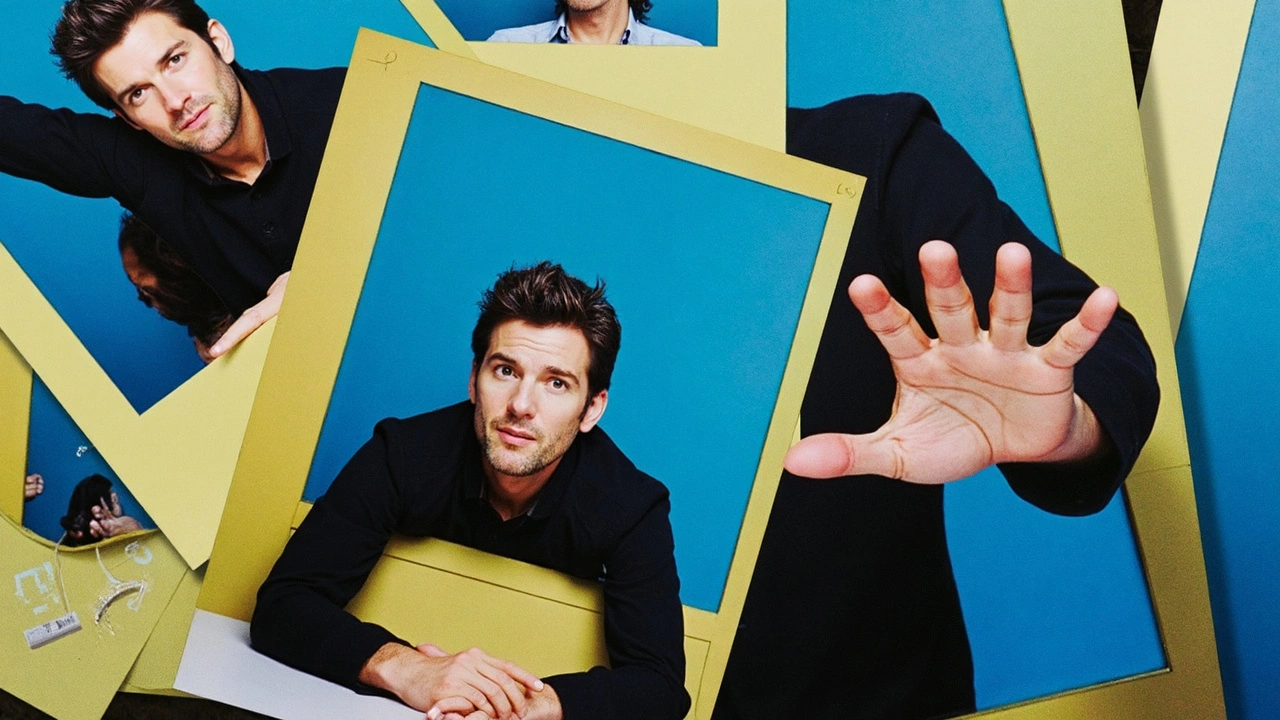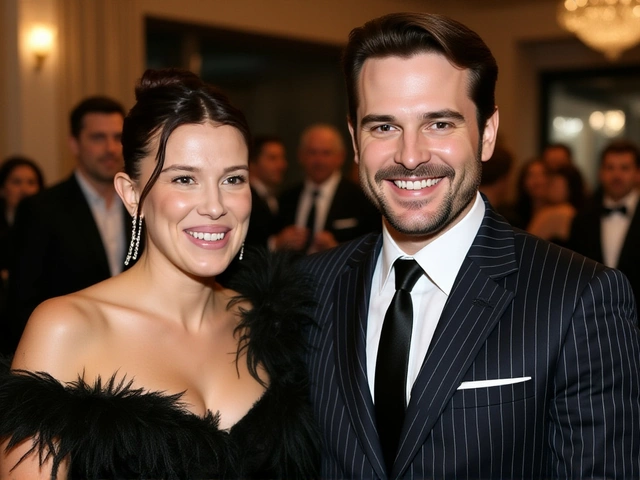Adam Scott: From Sitcoms to the Center of a Dystopian Sensation
It’s wild to think about how Adam Scott—once the awkward, sweet guy on Parks and Recreation—is now the face of one of television’s most unsettling workplace dramas. Scott’s climb through Hollywood has been a real grind. He’s racked up credits in everything from quirky indie comedies to brooding prestige casts, steadily building a career on grit rather than overnight blockbuster fame. For most people, he was the everyman, usually making viewers laugh even when his own characters were the butt of the joke.
That changed the minute he stepped into the shoes of Mark Scout in Severance. This psychological thriller, with Ben Stiller behind the camera and an edgy concept from creator Dan Erickson, put Scott in the hot seat. The premise? Picture corporate workers forced to literally split their minds—‘innie’ selves stuck inside the cold gleam of the office, ‘outie’ versions living outside with no memory of what happens at work. It’s a chilling setup that only works with someone who can pull off layers, empathy, and just the right amount of existential dread. Adam Scott delivered all that and then some.
What makes Scott’s performance stick is that it goes way deeper than surface-level weirdness. He built his Mark Scout on emotional cracks—the little shaky moments between laughing with coworkers and staring at the office walls after hours. A lot of this tone came from Scott himself. He worked closely with Ben Stiller and the show’s obsessively detailed production team to carve out a space that feels both mundane and terrifyingly unfamiliar. The office in Severance isn’t just endless fluorescent corridors—it’s a maze of control and confusion. Scott had to capture how it feels to be lost inside your own head without becoming a caricature.
The Themes Behind the Thriller—and Why Scott Felt Them
The real kicker with Severance is how close it strikes to home for a lot of viewers, including Scott himself. Sure, not everyone’s brain is cut in half by shadowy HR departments, but plenty of people know what it’s like to stagger through work, wondering if they’re losing themselves. Scott has spoken about how the show’s themes—fragmented identity, memory, and who really controls us—echoed his experiences hustling in Hollywood. For years, he bounced between gigs, sometimes doubting if he’d ever land the parts that really mattered.
This personal connection seems to fuel his performance and bring intensity, even to those silent scenes where nothing much is happening on the surface. Fans and critics picked up on that, and so did awards committees. Severance landed a whopping 14 Emmy nominations, collecting trophies for its haunting score and hypnotic opening sequence. Scott became a genuine dramatic heavyweight, no longer just the sitcom sidekick, proving he could lead a show that messes with your mind.
Beyond the accolades, the series hit a nerve in the way it unpacks corporate life’s relentless grind. Suddenly, water cooler chats were filled with talk about ‘innies’ and ‘outies’ and whether any job is worth that kind of sacrifice. Scott’s journey—from comedy to psychological depth—mirrors the show’s main question: What does it cost to leave a piece of yourself at the office?





